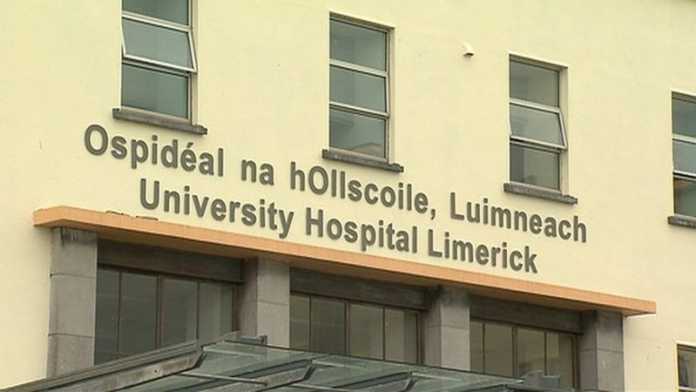
UNIVERSITY Hospital Limerick was owed €34.6 million in unpaid patients’ bills in May of this year. But to collect it, the HSE has brought in paid private debt collectors.
The details were supplied on foot of a Freedom of Information request from the Limerick Post.
The reply from the UHL Freedom of Information office stated that up to May 31 of this year, there is €34.6 million in outstanding bills owed to the hospital by patients.
The answer stated “The figure spent on hiring private debt collectors to pursue service users unpaid debts in 2018 and paid up to May 31 is €15,554.
When asked about the national protocol for debt collection, the HSE responded to the Limerick Post by saying:
“Patients who attend at public hospitals are, depending on their eligibility, and subject to certain exemptions, liable to Statutory charges. These are levied under the provisions of the 1970 Health act.
“The charges are €100 for an Emergency Department attendance and €80 for an overnight stay, the latter charge is capped at €800 in any 12 month period.
“These charges are separate from the private patient charges which are predominately collected via the Health insurance companies.
“The HSE has a statutory obligation to charge and collect these charges. Hospitals have the discretion to operate payment plans where appropriate.
“There are facilities for patients to pay directly, when the patient attends the emergency department.
“Upon discharge, the patient receives an invoice and in some cases, a reminder, the follow-up for payment can then be forwarded to specialist debt management services, as outlined in the National Financial Regulation (NFR) 25.
“These contracts, which are based on a national multi supplier framework agreement, are managed locally at individual hospital level and statistics are not held centrally on the collection rates.”

